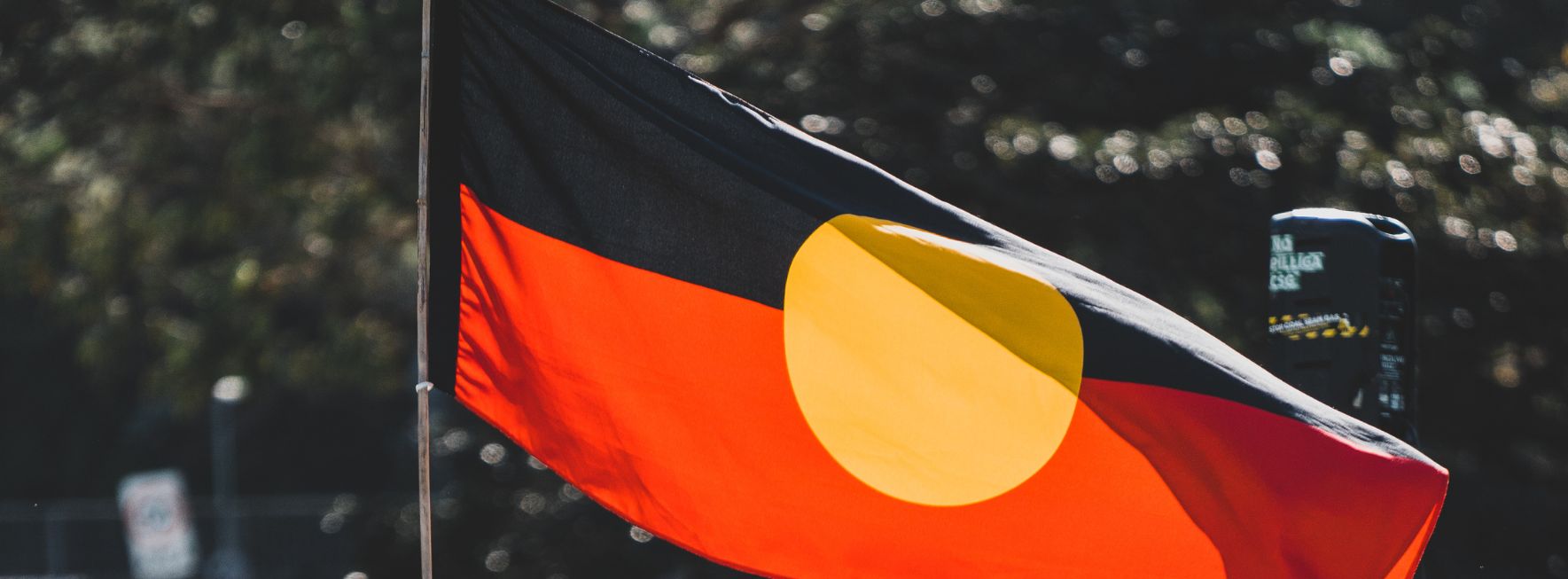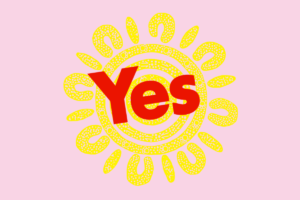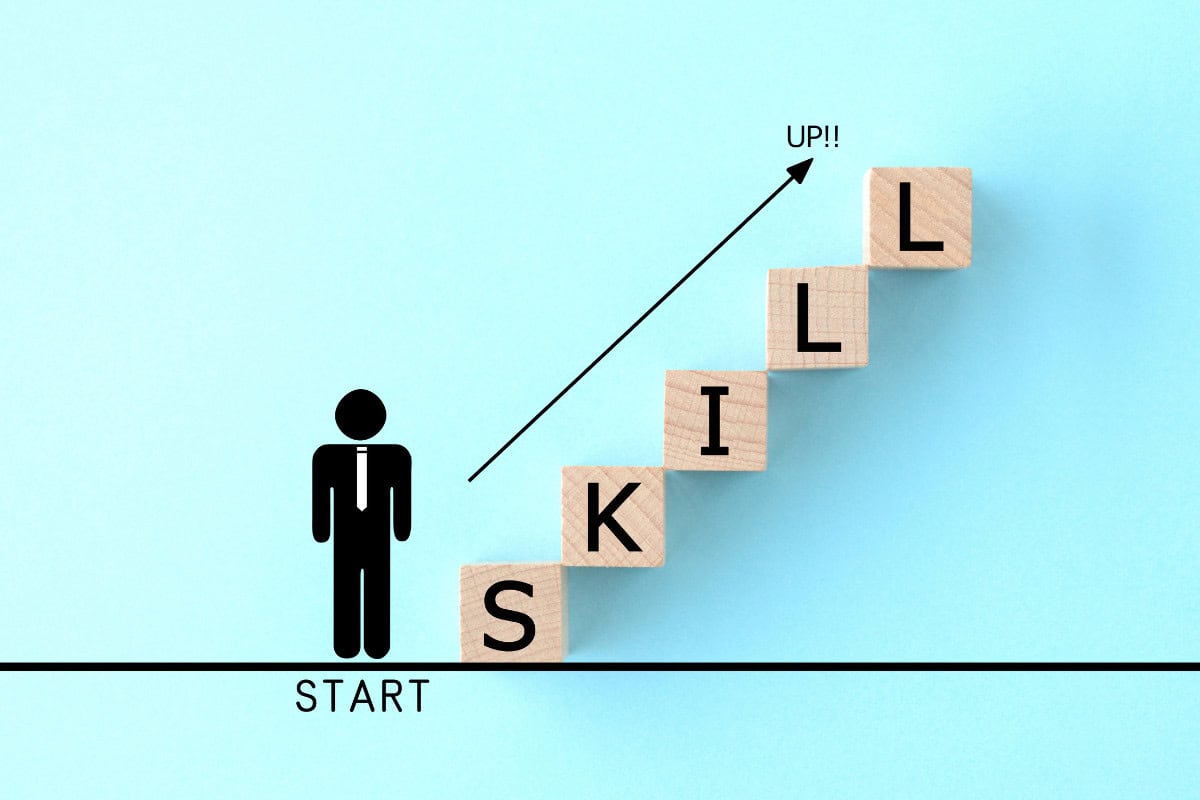
For 205 of the 235 years after Arthur Phillip raised the British flag in Sydney Cove in 1788, ‘terra nullius’ – meaning ‘land belonging to no one’ – was the law of the land.
Our Commonwealth Constitution, dating from 1901, made only two references to First Nations people—both negative: that they were not to be counted in the Census and the Commonwealth could make no laws for their benefit.
The successful 1967 Referendum changed the Constitution, giving the Commonwealth power to count Aboriginal and Torres Straits Islander people in the Census and make laws for their benefit. That referendum was an initiative of Harold Holt’s Liberal-Country Coalition and had bipartisan support from the ALP.
The YES vote carried every state. But the 1999 Referendum on the Republic did not have such a smooth passage.
A risk of history repeating
I was Deputy Chair of the 1998 Constitutional Convention on the Republic and still carry some scars. I see disturbing parallels in the public debate about the forthcoming referendum on a Voice to Parliament and that of the 1999 Referendum on a Republic.
I remember, with some bitterness, that in 1999 there were zealots who said: ‘The republican model set out in the referendum question doesn’t go far enough. If we vote it down now, a better one will quickly emerge that we can all agree on.’
23 years later, this has not yet happened.
The NO votes won in 1999 because there was an odd alliance engineered by Prime Minister John Howard, between the monarchists – who used the ‘If it ain’t broke don’t fix it’ line – and republicans advocating the ‘direct election’ of a popularly elected President.
The republicans argued that the proposed referendum model was too weak, and did not go far enough – just as Lidia Thorpe does now with the Voice.
Voters don’t toe the party line

The results on the ground in 1999 revealed some important information about how voters made their decisions about the republic. Party lines was rarely the key determinant.
John Howard and Tony Abbott campaigned for NO, but their electorates voted YES. Sir Robert Menzies was a devout monarchist but 64 per cent of his former electorate of Kooyong voted YES.
The opposite was also true. Kim Beazley, then Labor’s leader, campaigned for YES but his electorate voted NO. The electorates formerly held by Gough Whitlam (Werriwa) and Paul Keating (Blaxland) overwhelmingly voted NO. Holt and Lalor, formerly held by Gareth Evans and me respectively, both voted NO, but by narrow margins.
In 1999, 42 of Australia’s then 148 Federal electorates voted YES. Essentially Sydney, Melbourne and Canberra voted YES. The other capital cities, rural and regional areas voted NO.
It looked like a triumph for the monarchists—but the composition of the NO vote deserves closer examination.
Indifference: the enemy of a referendum
I estimate that of the 55 percent of Australians who voted NO in the 1999 Referendum for the Republic, perhaps:
- 30 per cent supported a monarchy
- 10 per cent were direct-election republicans, and
- 15 per cent were simply not interested, and would not have voted in a non-compulsory poll.
The major factors for the 15 per cent of NO voters were education and indifference: ‘I don’t know, and I don’t care, and if I am forced to vote, I’ll vote NO.’
Public-opinion polling indicates a strong correlation between income and voting in referenda, with people on high incomes voting YES, and those on low incomes voting NO.
There is also a strong correlation between levels of education and age. Younger voters and those with higher levels of education voted YES.
In principle I have always been in favour of compulsory registration and turning up to vote, but making referenda compulsory distinctly advantages the NO vote. Referenda are very different from elections. In elections there is always a winner – a candidate, a Party, a Government, sometimes an independent – regardless of the proportion of ‘don’t knows’. But with a referendum, voting yes or no means very different things.
‘Don’t knows’ can determine a referendum result effectively producing no result on the core problem being addressed and no map for any path forward.
What your vote in the Voice referendum might mean
A YES vote generally means:
- ‘I have thought about the issue, and I agree with the proposed change’
It may also mean:
- ‘My party, or leaders I admire, urge a ‘yes’ vote, and I follow their advice’
However, a NO vote could mean myriad different things. In the current Voice campaign these could include:
- ‘I have thought about the issue and the proposition goes too far’ (as Peter Dutton and Barnaby Joyce have indicated)
- ‘I have thought about the issue and the proposition does not go far enough’ (as Lidia Thorpe has stated)
- ‘I’d prefer different wording’
- ‘I haven’t thought about the issues’
- ‘What’s in it for me?’
- ‘If the current model is defeated then a new model will soon emerge’
- ‘I am confused’
- ‘Normally I vote informal’
Many NO voters, who will become defenders of our existing Constitutional arrangements, are effectively saying: ‘I oppose any change to the Australian Constitution, although I have never read it and have no idea what is in it.’
The last step to abolishing White Australia
Aboriginal reconciliation and the republic are inextricably linked.
The monarchist cause is essentially the last expression of White Australia: its rhetoric, culture, ceremonials, politics, and the habit of deference. It is a static, essentially nostalgic, position in a society that, although dynamic in some ways, is uncertain how to express itself. It is the politics of amnesia.
The 1967 Referendum was an essential first step, the Mabo judgment of 1992 a second, the Wik judgment of 1996 a third, the Apology to the Stolen Generation in 2008 a fourth – but we must now complete the journey.
This is not just for the benefit of First Nations people. It is an essential element of being honest with ourselves and to fulfil the human potential of all of us.
It’s time.
Do it now.
Learn more
- Read our Council’s statement in support of voting yes in Voice referendum
- Find out how you can support the YES campaign
- Get information about the Voice referendum on the official Government website



